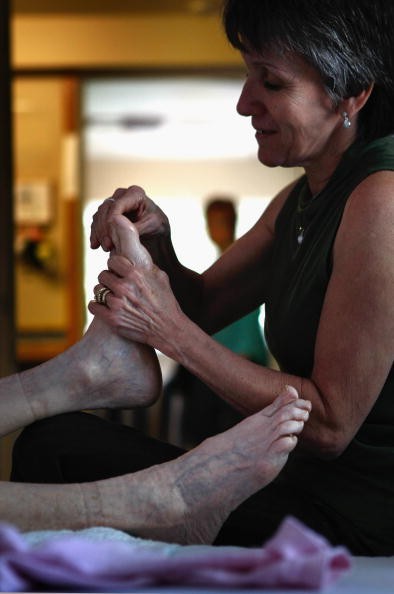
Below is a fact sheet shared by the National Center for Complementary and Integrative Health (NCCIH), formerly National Center for Complementary and Alternative Medicine (NCCAM) on how complementary health practitioners establish their credentials.
Key Points
- There is no standardized, national system for credentialing complementary health practitioners. State and local governments are responsible for deciding what credentials practitioners must have to work in their jurisdiction.
- The credentials required for complementary health practitioners vary tremendously from state to state and from discipline to discipline.
Keep in Mind
- Regulations, licenses, or certificates do not guarantee safe, effective treatment from any provider-conventional or complementary.
- Tell all your health care providers about any complementary health approaches you use. Give them a full picture of what you do to manage your health. This will help ensure coordinated and safe care.
Credentialing, Licensing, Certifying-What's the Difference?
"Credentials" is a broad term that can refer to a practitioner's license, certification, or education. Government agencies grant and monitor licenses; professional organizations certify practitioners.
Certification can be either a prerequisite for licensure or, in some cases, an alternative. To get certified or licensed, practitioners must meet specific education, training, or practice standards. Being licensed or certified is not a guarantee of being qualified.
States use the following approaches to credential practitioners:
Mandatory licensure: requires practitioners to have a license for providing a service.
Title licensure: requires practitioners to have credentials before using a professional title.
Registration: requires practitioners to provide information about their training and experience to a state consumer protection agency.
States' requirements for granting a license vary considerably. They may require those seeking a license to do one or more of the following:
- Graduate from a certified program.
- Meet certification requirements of a national organization.
- Complete a specified amount of training.
- Pass a written exam (sometimes a practical exam is also required).
- Participate in continuing education.
States also vary widely in the services that they allow complementary health practitioners to offer patients. For example, some states permit acupuncturists to recommend dietary supplements to their patients, while other states specifically prohibit it.



